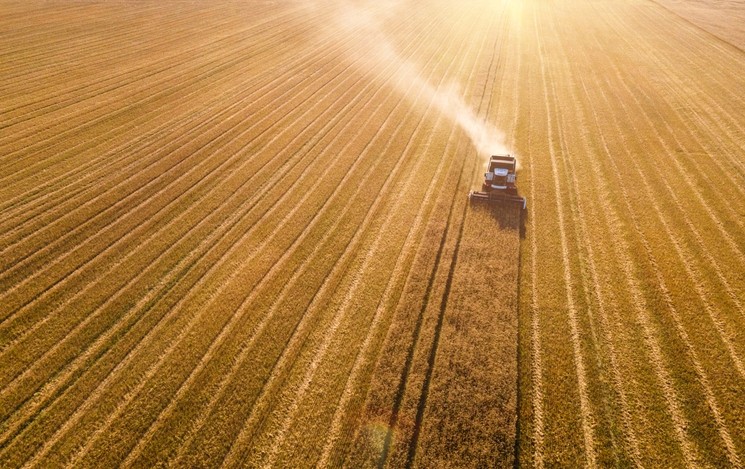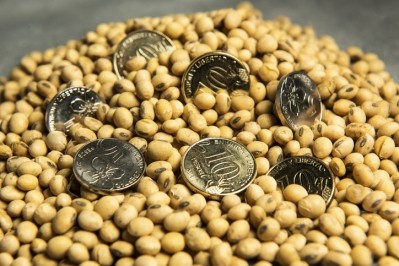Agri-commodity market tracker: European wheat prices dip on Russia gains

The success of Russian wheat in two major purchase tenders from Turkey and Egypt this week depressed the west EU export outlook, with Russian supplies offered cheaper despite increases in ship insurance costs in the new year.
And a cold snap in Russia will reportedly have limited impact on the country’s winter wheat crop, despite previous concerns, noted AHDB in a review of grain and oilseed market developments today.
Rapeseed markets are following the wider vegetable oil complex, with plentiful supply and global economic concerns pressuring markets, said those analysts.
“Paris rapeseed (May-23) futures closed yesterday at €566.75/t, down €4/t from Friday’s close. The Nov-23 contract closed at €567.50/t, down €3.50/t over the same period.”
Fertilizer prices
While it’s looking likely that the worst of Europe’s gas crisis and peak in prices is over, the AHDB report indicates that prices are still expected to stay elevated and volatile, especially when refilling storage for next winter.
In terms of the likely impact of those developments on the agriculture sector, the outlook deems it unlikely that imported fertilizer prices will come down significantly in the short to mid-term considering ongoing market volatility and given that natural gas makes up around 60-80% of fertilizer production costs. “However, fertilizer prices will likely ease somewhat if natural gas prices remain lower.”
Recession across the board
In an agriculture focused economic outlook, CRM Agri said that 2023 is marked, so far, by slow growth and high interest rates.
Most developed economies will dip into recession this year, which will be a major drag on demand for agricultural goods, noted those grain and oilseed market specialists. “That said, a potentially strong recovery in the Chinese economy could help offset the hit to demand from G-7 nations.”
Tighter financial conditions will continue to bode poorly for global grain demand in 2023, but some weakness in the US dollar and less severe rate hikes globally should keep prices upbeat from a historical perspective, they added.







